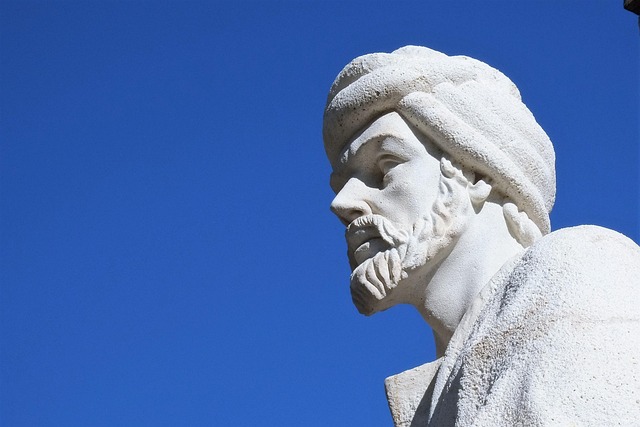Philosophical hermeneutics bridges the gap between the intricacies of human understanding and the empirical realm of science, creating a unique dialogue that enriches both fields. At its core, philosophical hermeneutics is about interpretation—how we make sense of texts, traditions, and the world around us. In science, where objective data reigns supreme, the interpretative lens becomes crucial, especially as we grapple with the implications of scientific discoveries on human existence.
Modern philosophy plays a pivotal role in this exploration. Thinkers like Hans-Georg Gadamer and Paul Ricoeur emphasize that understanding is never a solitary endeavor; it is a communal process shaped by historical contexts and personal experiences. In the realm of science, this notion invites us to reconsider how we perceive data and experiment results. For instance, while scientific methodologies strive for objectivity, the interpretation of findings is inevitably colored by the scientist’s background, philosophies, and the wider societal narratives in which they operate.
The conversational nature of hermeneutics reminds us that science does not exist in a vacuum. The interpretation of scientific facts must engage with philosophical questions regarding the nature of reality, ethics, and even aesthetics. What does it mean to understand a phenomenon? How do scientific theories shape our perception of the world? Philosophical hermeneutics encourages an ongoing dialogue among philosophers, scientists, and the public to collaboratively navigate these profound questions.
Additionally, in today’s rapidly advancing technological landscape, the intersection of philosophical hermeneutics and science necessitates a critical examination of artificial intelligence and data analytics. As machines become capable of interpreting vast amounts of information, the question arises: Do these algorithms genuinely understand what they process, or are they merely mimicking human interpretative processes? This inquiry sits at the heart of philosophical hermeneutics, challenging us to discern between mere data handling and true understanding.
The hermeneutical circle—a concept central to this discourse—invites us to continuously oscillate between parts and wholes. In scientific endeavors, this can mean revisiting hypotheses based on new data or reinterpreting existing theories through the lens of contemporary issues. Similarly, modern philosophy encourages reflective engagement, advocating for constant reevaluation of our beliefs and the frameworks through which we view scientific phenomena. Such reflection leads to a more nuanced appreciation of both the sciences and the philosophical explorations that accompany them.
In this dynamic interplay, philosophical hermeneutics fosters a deeper engagement with the essence of understanding. It invites scientists and philosophers alike to recognize that interpretation is not just a cognitive act, but a lived experience shaped by culture, history, and individual journeys. This recognition lays the groundwork for a more interdisciplinary approach, merging the rigid structures of science with the fluidity of philosophical inquiry.
As we delve deeper into this intersection, we may discover that our quests for knowledge in both science and philosophy reveal more about ourselves than we initially understood. Embracing the principles of philosophical hermeneutics invites us to cultivate a richer, more robust worldview—one that honors the complexities of existence and the stories that shape our collective understanding.




